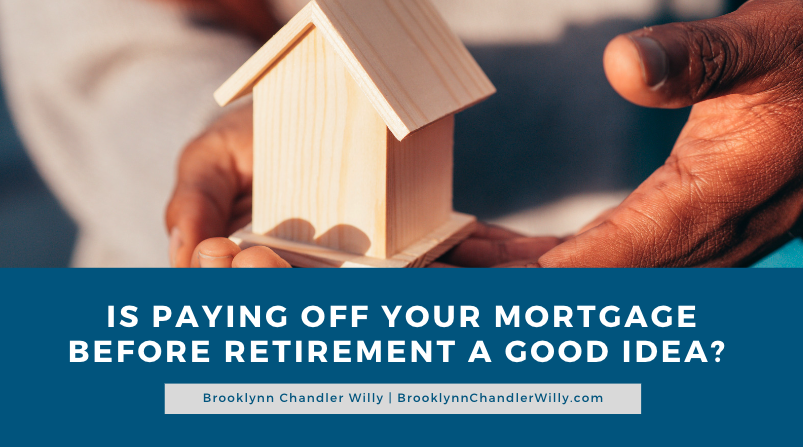In retirement, it is a smart idea to minimize your expenses. Doing so will allow you to eliminate a high cost and ensure you are not forced to become homeless. Repaying your mortgage can also help ease your financial stress and provide peace of mind. Paying off your mortgage before you retire is a decision that differs from person to person. Here is a breakdown of reasons you should and shouldn’t pay your mortgage before retirement.
Why You Should:
Reduced Monthly Expenses
Taking care of your mortgage early can help lower your monthly expenses if you retire with a fixed income. Since it takes up a large amount of money each month, you can live on less once it is no longer in your financial situation.
Lowered Interest Rate
Your loan payments will eventually need payed, and you will likely spend a significant amount on interest. Doing so will allow you to free up some money for something else. Although you may be unable to deduct mortgage interest, the lower payments will make you more likely to claim your taxes. Also, you can claim more on your taxes as interest payments decrease.
Risk-free Rate of Return
A risk-free rate of return refers to an investment that doesn’t involve risk. For instance, a three-month Treasury bill rate of return is typically considered risk-free. However, if your mortgage’s interest rate is higher than that of other low-risk investments, it might be better to settle your loan rather than invest in them.
Why You Shouldn’t
Chance of High-Interest Debt
If you have too much high-interest debt, it could put your financial security at risk. To avoid this, make sure that you prioritize your debts, such as credit cards, which have higher interest rates. One way to prevent this is to pay your credit card bill monthly regularly. This will allow you to avoid getting carried away by the large balance you might accumulate later.
You Won’t Have a Safety Net
One of the most critical factors you should consider when setting aside money for emergencies is having a cash reserve. This will give you a cushion if you need to make an unexpected expenditure. A cash reserve of around three to six months can provide you with a cushion.
Need to Increase Your Savings
If you have insufficient money for retirement, you should focus on boosting your nest egg. You can grow your money tax-free until you retire with accounts such as IRAs and retirement savings accounts. You can boost your retirement reserves by contributing to these savings.

